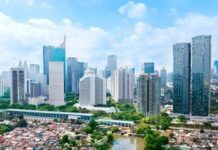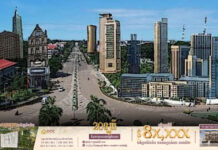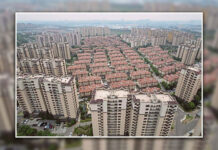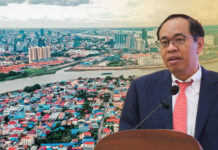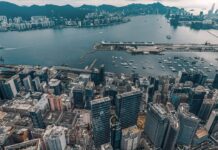Singapore has raised additional stamp duties on private property purchases by foreigners and citizens buying their second home for the first time since 2018, seeking to cool a surge in housing prices and debt driven by housing loans.
In a late night announcement on Wednesday, a joint statement by two ministries and the central bank said foreigners buying their first home would face a 10 percentage point increase in additional buyers’ stamp duty (ABSD), bringing the tax from 20 per cent to 30 per cent of the purchase price.
Entities will pay 35 per cent, up from 25 per cent.
Singaporeans and permanent residents, who are eligible to buy public housing, do not face a tax hike for their first properties but do face a 5 per cent increase in stamp duties on their second and third properties.
The total debt servicing ratio was also reduced from 60 to 55 per cent. This means only 55 per cent of a borrower’s gross monthly income can go towards repaying his or her monthly total debt obligations.
One property agent told This Week In Asia that his client, a Chinese woman from a southeastern province, was kicking herself for not buying her dream home earlier.
The woman, whose children are studying in the city state, was set on a S$3 million apartment in central Singapore but was waiting for her husband to arrive next month to confirm the purchase.
Her stamp duty will now cost S$900,000 instead of S$600,000.
Authorities said a 9 per cent increase in the prices of private housing – which makes up about 20 per cent of the housing supply for Singapore’s 5.45 million population – since the first quarter of last year was a sign of the market’s buoyancy.
The resale market for public housing rose about 15 per cent over the same period.
Bloomberg reported that property sales hit S$32.9 billion (US$24 billion) in the first half of 2021, double what was recorded in Manhattan, driven by demand from the ultra-rich flocking to the business hub.
“If left unchecked, prices are likely to run ahead of economic fundamentals. This will increase the risk of a destabilising correction later on, that will hurt many households,” said Minister for National Development Desmond Lee.
In June, central bank chief Ravi Menon warned that the authorities were being “highly vigilant” and would step in before the market overheated as he outlined how property prices had risen above pre-pandemic levels even though economic growth had not fully recovered from Covid-19.
Then early this month, the Monetary Authority of Singapore said housing loans were driving an increase in household debt and urged Singaporeans to exercise prudence when taking on debt for property purchases.
In Wednesday’s announcement, authorities said the amount of loan a buyer could take for public housing was also capped at 85 per cent of the sale price.












